The IUCN SSC Pangolin Specialist Group presents here its conservation action plan ‘Scaling up pangolin conservation‘, as all eight species of pangolin are now threatened with extinction, which is driven by demand for their meat and scales.
The action plan outlines strategic actions which are considered critical to the conservation of pangolins globally, and which  require urgent implementation, including reducing demand for pangolins among consumers, the strengthening of site protection at pangolin strongholds, helping communities move away from poaching pangolins, and the strengthening of legislation.
require urgent implementation, including reducing demand for pangolins among consumers, the strengthening of site protection at pangolin strongholds, helping communities move away from poaching pangolins, and the strengthening of legislation.
The publication of this action plan follows the first ever global conference on pangolin conservation held by the Pangolin Specialist Group, where the status of all pangolins on the IUCN’s Red List of Threatened Species was revised. As a result of these assessments the Chinese and Sunda pangolins are now categorized as ‘Critically Endangered’, the Indian and Philippine pangolins as ‘Endangered’, and all four African species are now considered ‘Vulnerable’, as a result of past and on-going population declines.
This is the result of on-going illicit hunting and poaching of pangolins which within Asia, and increasingly in Africa, is driven largely by market demand in East Asia, where pangolin meat is consumed as a luxury food, and increasingly affluent consumers are willing to pay high prices for it, and their scales which are used in traditional medicines. This trade takes place despite pangolins being protected species in most countries in which they occur, and despite being
listed in CITES (the Convention on International Trade in Endangered Species of Wild Fauna and Flora) Appendix II, to which zero export quotas were established in the year 2000 for wild-caught Asian pangolins traded for commercial purposes, in effect a trade ban.
Dan Challender, Co-Chair of the IUCN SSC Pangolin Specialist Group, says: “Our global strategy to halt the decline of the world’s pangolins needs to be urgently implemented.
“A Vital first step is for the Chinese and Vietnamese governments to conduct an inventory of their pangolin scale stocks and make this publicly available to prove that wild-caught pangolins are no longer supplying the commercial trade.”
Watch the video accompanying the release of our action plan by clicking here.
Read our press release on the launch of our action plan in full here.




